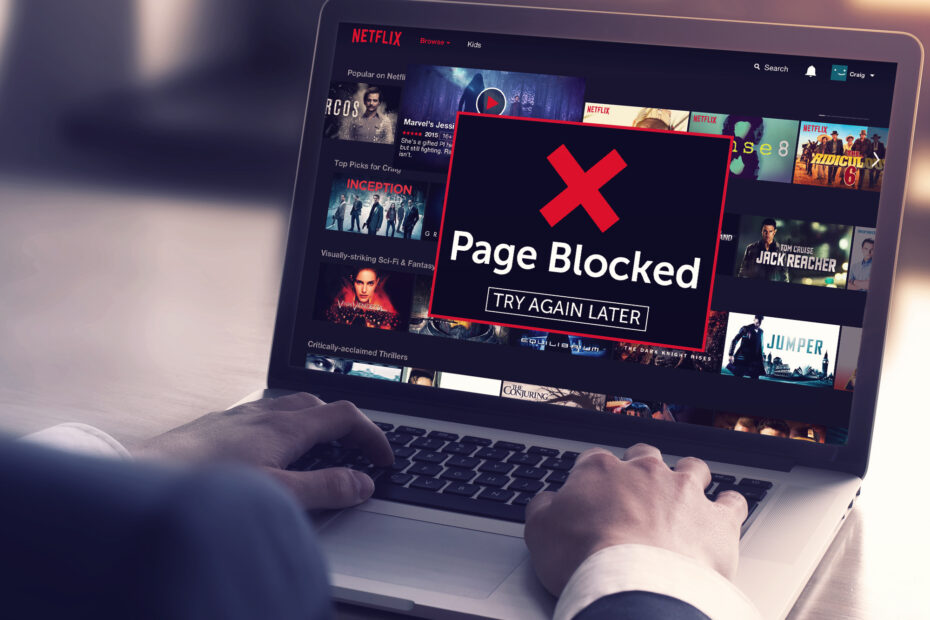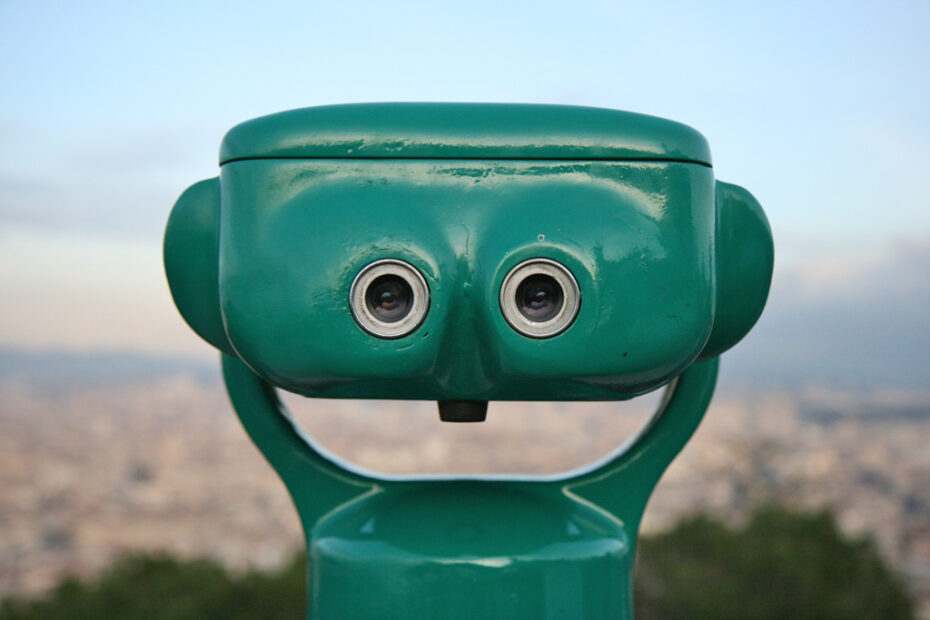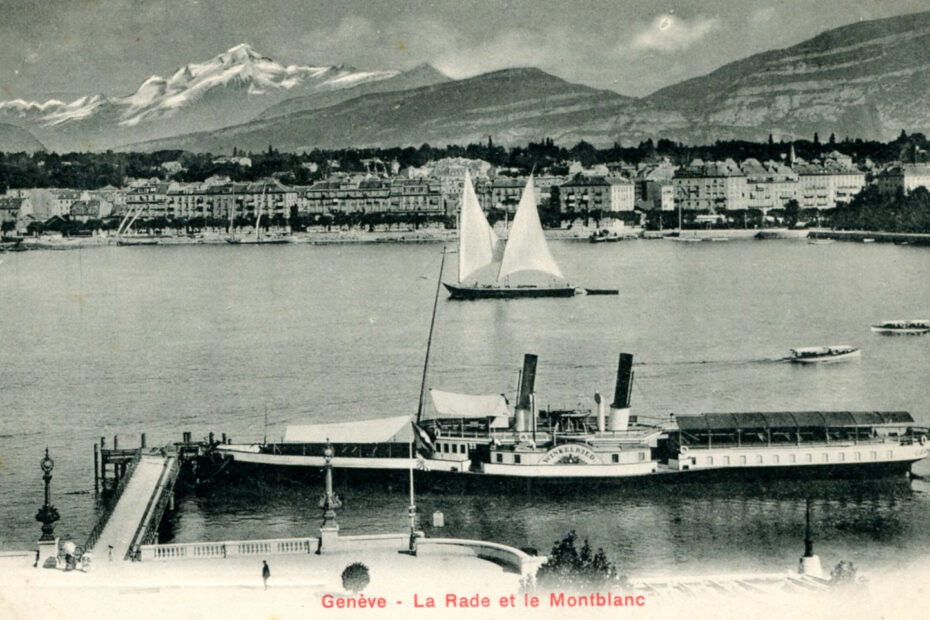2021 marked the 20th anniversary of Swedish Wikipedia, which we made sure to celebrate on several occasions here in Sweden. Today, almost nine out of ten Swedes regularly use the website, and polls show that it is one of only a very few platforms that Swedes find trustworthy across the political spectrum. More and more institutions and organizations realize the importance and value of working with the Wikimedia platforms. In its 2021 report, the Swedish Museums Association finds that out of the 233 million reported digital views of their members’ works, 185 million originated from Wikipedia. And then only 19 out of their 230 members reported Wikipedia statistics, indicating that the real number could be much higher.
Wikimedians don’t, however, operate in vacuum. In 2021, Wikimedia Sverige saw more and more reasons to intensify our efforts to safeguard the free and open internet, especially when it comes to protecting the rights and freedoms of the users. Pretty much everyone loves Wikipedia, but not everyone understands that Wikipedia can only thrive in a digital sphere where legislation allows for creativity and sharing.
In this text, we will try to outline some of the major battles Wikimedia Sverige fought in 2021, some of the achievements – and some of our hopes for the future. On top of the support that we, as always, give our lobbying team in Brussels.
Read More »Retrospective: A Year of Advocacy at Wikimedia Sverige
















